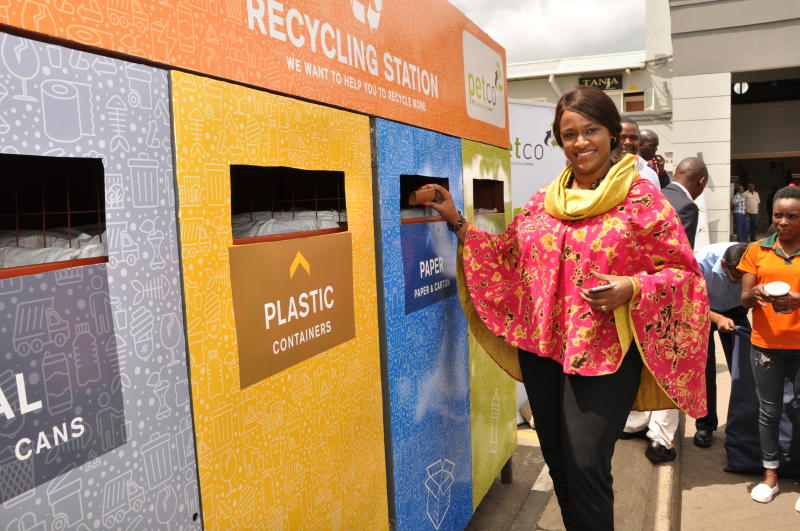×
The Standard e-Paper
Smart Minds Choose Us

Joyce Waweru is the Country Programme Manager of Kenya PET Recycling Company (Petco), a company incorporated in 2018 to represent the Kenyan PET (polyethylene terephthalate) industry’s joint effort to self-regulate.
She talks to Financial Standard about the company’s forays in waste management and why it is impracticable and nearly impossible to ban plastic use.